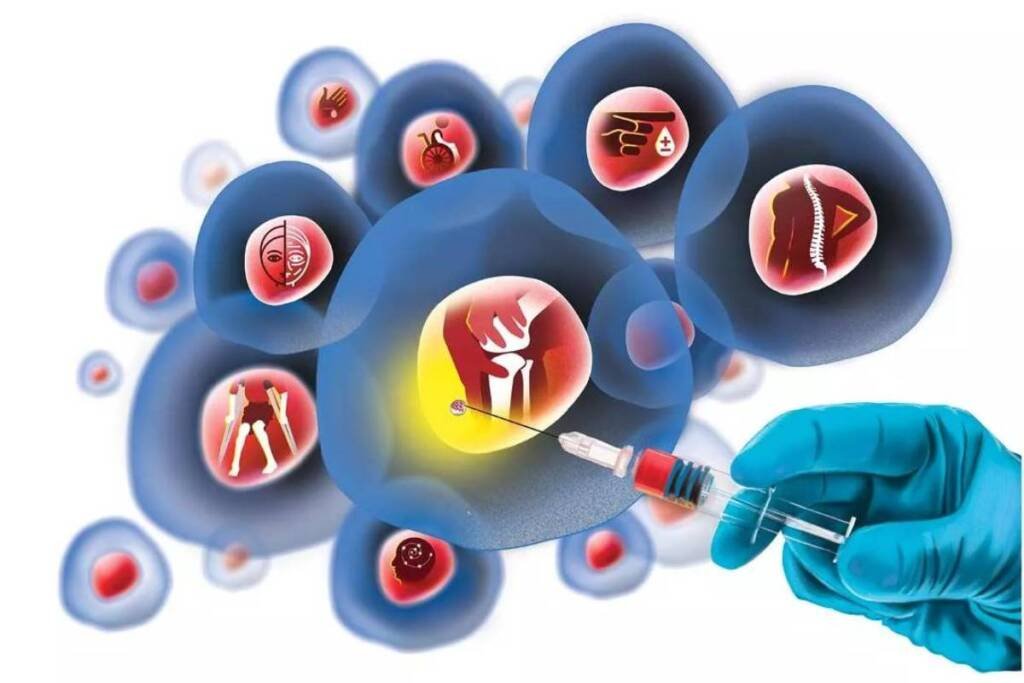Source – FDA
On June 29, 2023, CellTrans achieved a significant milestone by securing the first-ever FDA approval for a cell therapy designed to treat type I diabetes. The therapy, known as Lantidra (donislecel), developed by the Chicago-based biotech company, involves using insulin-producing islet beta cells derived from deceased donors.
Lantidra has received FDA approval specifically for adults with “brittle” type I diabetes, a condition characterized by recurrent episodes of severe low blood glucose (hypoglycemia) that prevent patients from achieving their treatment goals. Although the condition is rare, affecting only around three in every 1,000 individuals with insulin-dependent diabetes, it can have a profound impact on their daily lives, leading to anxiety, depression, hospitalizations, and even death. Notably, it is more prevalent among women in their 20s and 30s, although the reasons for this are not well understood.
The main objective of Lantidra is to replace the insulin-producing beta cells in the pancreas, reducing the reliance on insulin injections and providing a consistent level of insulin secretion to prevent the extreme fluctuations in blood glucose levels commonly observed in unstable type I diabetes.
“Severe hypoglycaemia is a dangerous condition that can lead to injuries resulting from loss of consciousness or seizures,” said Peter Marks, director of the FDA’s Centre for Biologics Evaluation and Research (CBER).
“Today’s approval, the first-ever cell therapy to treat patients with type 1 diabetes, provides individuals living with type 1 diabetes and recurrent severe hypoglycaemia an additional treatment option to help achieve target blood glucose levels.”
To assess its efficacy, Lantidra underwent two open-label studies involving a total of 30 patients with type I diabetes who had difficulty recognizing the warning signs of hypoglycemic episodes, such as dizziness, sweating, fatigue, and rapid or pounding heartbeat. The results showed that, overall, 21 of the trial participants did not require insulin injections for a year or more after receiving the donor cell infusions. Among these individuals, 11 remained insulin-independent for one to five years, while 10 remained insulin-free for over five years. However, five participants did not achieve any days of insulin independence.
While the efficacy outcomes are remarkable, the procedure does come with safety concerns. The infusion of cells into the hepatic portal vein poses risks, and patients must also take immunosuppressant medications to prevent rejection of the transplanted beta cells. The FDA has noted that the majority of patients treated with Lantidra experienced at least one serious adverse event, and in some cases, discontinuation of immunosuppressants led to the loss of the transplanted cells.
Despite these safety considerations, the FDA’s approval marks a significant regulatory milestone for cell therapy in the treatment of type I diabetes, highlighting the agency’s willingness to approve such treatments. This approval comes at a time when other research groups are exploring alternative approaches to bypass the need for immunosuppressants.
For instance, Novo Nordisk recently entered a partnership with Aspect Biosystems to develop non-donated, off-the-shelf beta cells that can be 3D printed into an encapsulated implant, providing protection from immune surveillance while allowing insulin release in response to blood glucose levels. Vertex Pharma is also working on two cell therapies, VX-880 and VX-264, in early-stage clinical trials. VX-880 requires immunosuppression, similar to Lantidra, while VX-264 is an encapsulated therapy.
Vertex recently announced a collaboration with Lonza to support the manufacturing of cell therapies and is exploring genetic modifications to reduce immune response in beta cells.
Another player in this field is Sernova, reported positive results with its Cell Pouch islet cell transplant system, demonstrating insulin independence for periods ranging from six to 38 months in the initial recipients of the therapy.





























